Popcorn is one of the most versatile snacks in the world. You can’t fully enjoy a movie in the theater without a tub of popcorn, complete with the imitation melted butter. Kettle corn is the ultimate sweet and salty treat. And cheesy popcorn? Words can’t describe how delicious it is.
But there are a lot of contradicting opinions about the nutritional merits of popcorn. Some experts argue that it’s one of the healthiest snack foods available. Other people claim that it’s too carb-heavy, too fatty, too salty. And brands like Skinny Pop position themselves as a healthier alternative to the real thing.
So what exactly is the truth? Is popcorn actually a healthy snack, or is it something you should avoid if you’re trying to eat better? We consulted Dr. Jeannette Yuen, a physician with Scarsdale Medical Group, to unpack all of the pros—and cons—of everyone’s favorite movie theater snack.
More From Delish
What Are The Health Benefits Of Popcorn?
Each kernel of popcorn contains a high concentration of health benefits. Since it’s whole grain by nature, it is filled to the brim with fiber. In fact, according to the U.S. Department of Agriculture, one three cup serving of popcorn fulfills one-third of the fiber requirements for most adolescents and adults.
Fiber is an essential part of a balanced diet because it prevents blood sugar spikes and promotes a healthy flora of good bacteria in your gut. Harvard University also argues that fiber lowers the risk of developing health conditions like heart disease and diabetes.
According to Yuen, another major benefit of popcorn is the high concentration of polyphenols. These micronutrients have strong antioxidant properties that help reduce your risk for chronic illnesses. “Your body needs antioxidants,” Yuen says. “Popcorn is high in polyphenols and is a good resource.”
From a macronutrient perspective, popcorn on its own is an extremely low calorie food. One serving of three cups clocks in at just under 100 calories. However, it shouldn’t be considered a low-carb food. Popcorn contains six grams of carbohydrates per serving and only one gram of protein. While it’s not necessarily approved for a ketogenic diet, popcorn is by no means an unhealthy food on its own.
What Are The Health Concerns Of Popcorn?
Popcorn kernels on their own can be considered a healthy food, but its most popular preparations are anything but. “Popcorn is a good snack,” Yuen says. “It’s once you add butter, salt, caramel, and chocolate that it becomes a problem.”
Because popcorn is relatively mild in flavor, movie theaters and store-bought popcorn brands will be heavy handed with their seasoning applications to end up with the snacks we know and love. It’s delicious, sure, but it also changes the macronutrients significantly.
Take a store bought bag of microwave popcorn for example: one serving of Orville Redenbacher’s Popcorn with Movie Theater Butter has 11 grams of fat and 380 milligrams of sodium. The same nutrients for plain popcorn, on the other hand, are next to zero.
One of the biggest nutritional concerns when it comes to popcorn, according to Yuen, is the sodium. “The recommended amount of sodium you should eat in a day is 2000 milligrams. That’s only about a teaspoon,” she says.
It’s especially easy to oversalt popcorn because of its barebones flavor. But increased sodium intake can lead to high blood pressure, heart disease, and even cause strokes.
How Can I Make Popcorn Healthier?
You may be used to popcorn slathered in butter, sugar, and salt. But if you’re looking to eat a healthy, low-calorie snack, you should stay away from the stuff they sell at the movie theater.
In terms of cooking popcorn, many health-conscious cooks swear by their air poppers. This appliance uses hot air, rather than oil, to cook the kernels. While it does eliminate the need for oil, it’s also not a make or break decision when it comes to the overall health of your snack.
According to the USDA, a three-cup serving of popcorn popped in oil is only 30 more calories than the same amount of air popped popcorn. And since you only use a tablespoon or two of oil to make a batch of stovetop popcorn, the nutrition difference is essentially negligible.
What you can do to make popcorn healthier has to do with the way you season it. Rather than rely on melted butter and lots of salt to flavor your snack, it’s a wiser choice to lean on other sources for seasoning.
“Herbs and spices are a great choice, like oregano, crushed red pepper, and garlic or onion powder,” Yuen says. “A dash of salt is fine, but not much more than that.”
Another common seasoning you can find sprinkled on popcorn is nutritional yeast. Not only is it savory and slightly cheesy, it’s also healthy. One serving of nutritional yeast only has 10 milligrams of sodium, according to the USDA—so feel free to sprinkle away.

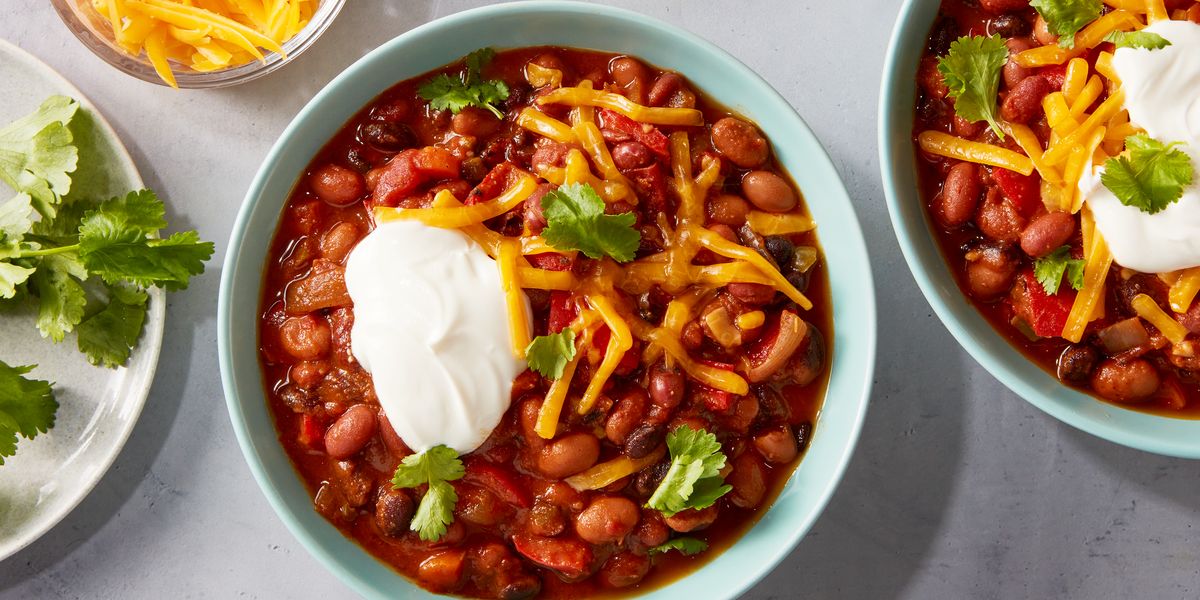
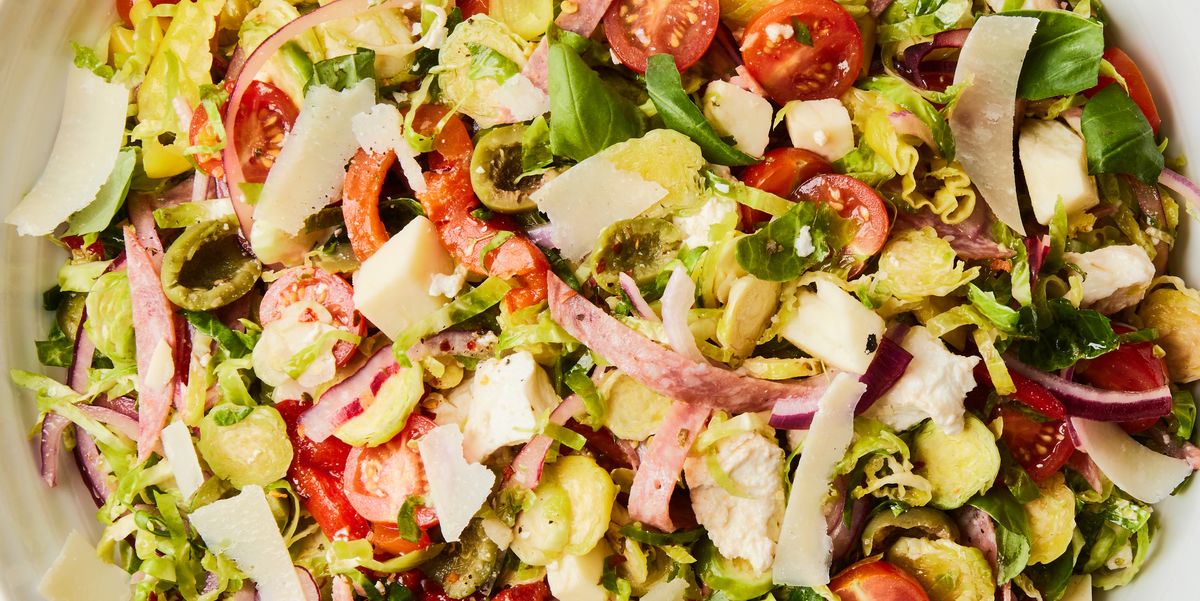
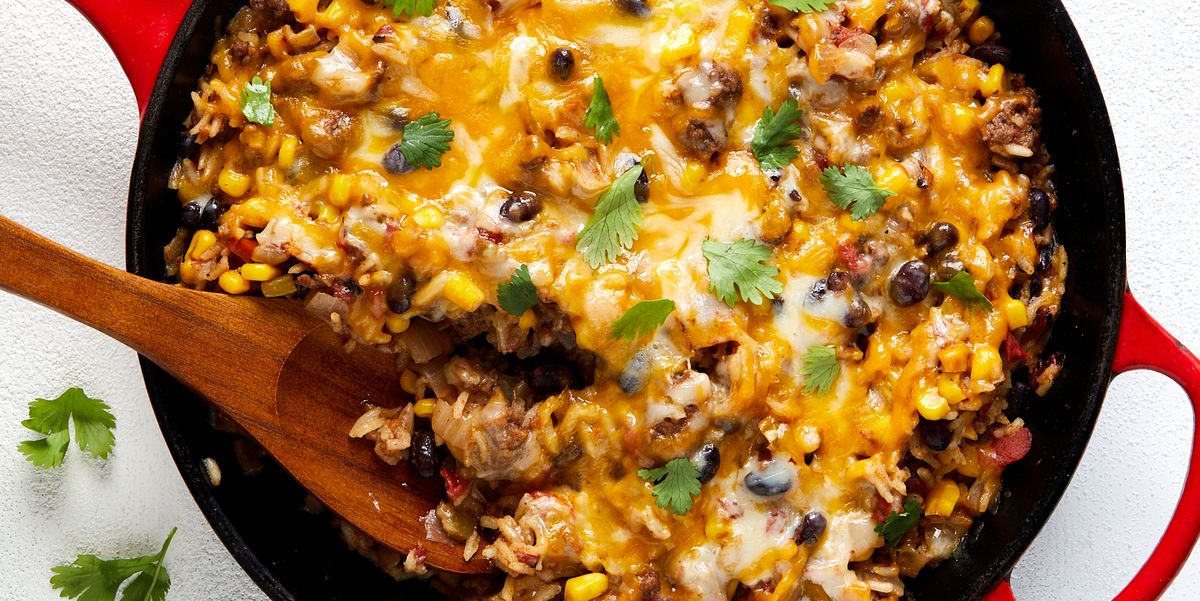
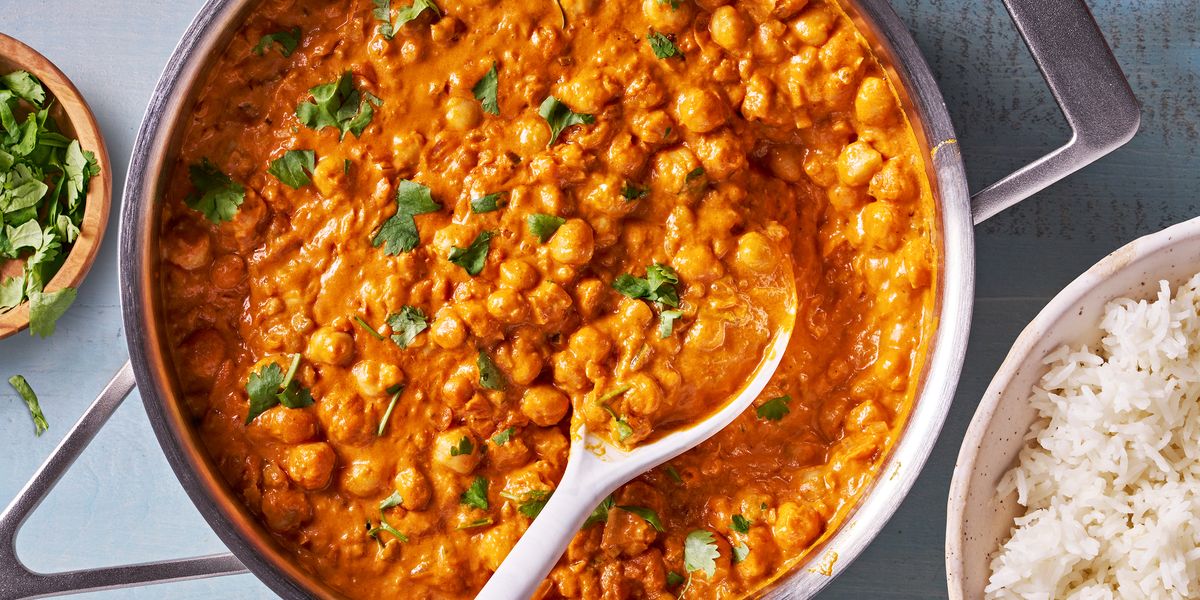








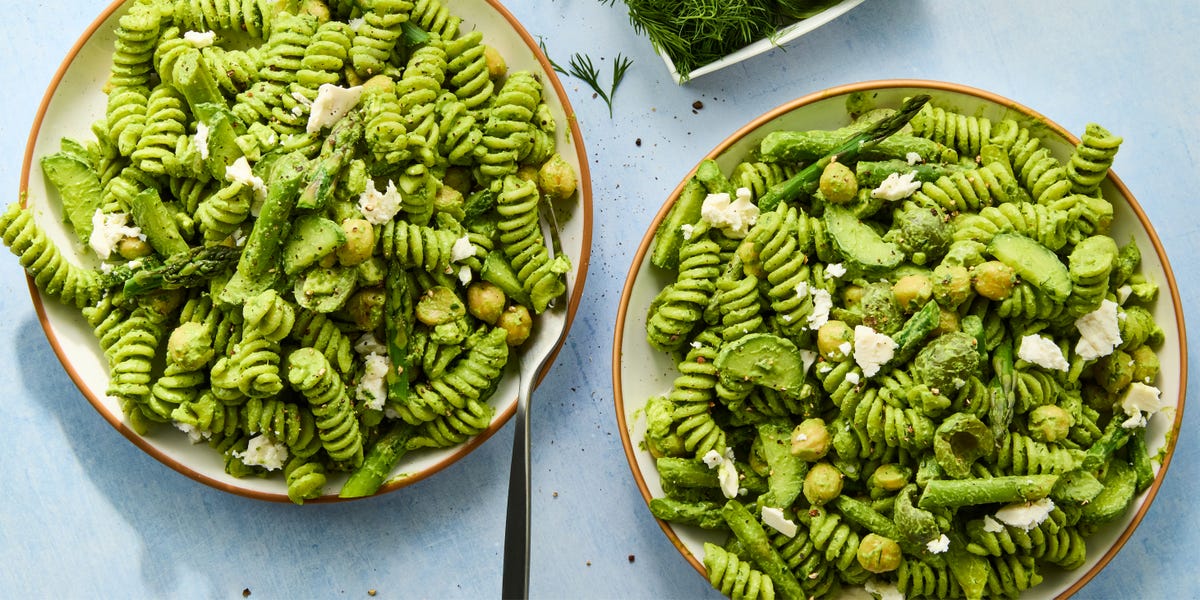




Leave a Reply